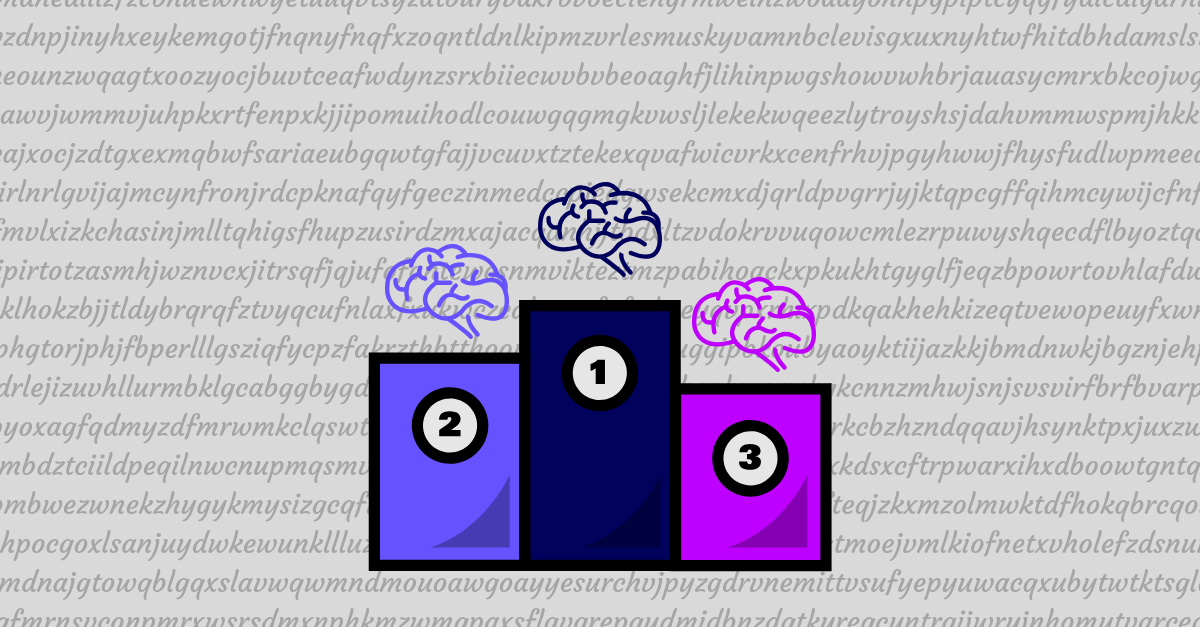Article Library
Uncover Your Child’s Learning Strengths
by David Morgan | 4 June 2018

Discover your child’s strengths
As you learn more about your child’s specific learning struggles, it can be helpful to find out which strengths are commonly associated with that challenge. For example, education reporter and linguist Meredith Cicerchia says that children with dyslexia are often skilled at creativity, reasoning and thinking outside of the box. They also tend to have advanced visual processing skills, which lend themselves well to potential success in areas like architecture, audiovisual careers, and even entrepreneurial pursuits because of that big-picture thinking ability.
These visual skills also mean that dyslexics are best suited for learning to read via visual phonics systems, such as the trainertext visual phonics (TVP) in Easyread. TVP uses the child’s visual strength to address their decoding weakness.
However, be wary of assuming particular strengths or weaknesses because of a particular label that your child has been given. Use your own eyes to identify the particular strengths he/she has as an individual. Not all professional assessments and diagnoses are perfect, and nobody knows your child as well as you. This is particularly the case with ADHD, for instance, which we find is often partly due to an undiagnosed eye tracking and convergence weakness.
Learning to understand and cultivate these strengths from an early age can help children succeed at school and in life generally.
Uncover your child’s passions
In addition to having academic strengths, many children with learning challenges also have deep passions and interests – like any child does! Whether sports or cooking or computers or music, NPR journalist Gabrielle Emanuel says that uncovering those passions can help children build confidence and pride. Since these children struggle so often at school, honing in on their special interest will help them find fulfillment and a sense of self-worth as you are simultaneously working on the learning weakness. For struggling readers, finding reading material that relates to these passions is an effective engagement strategy.
We all want our children to fit in, to be above average in everything and to have no frustrations in life! But in reality, a learning challenge in one area is often the reverse side of a great ability in another. If you find your way through the immediate difficulty, often you will look back at the journey with satisfaction and a greater appreciation of the special talents of your child, too. In the adult world, your child will often be better off with a few great abilities rather than performing averagely at everything.
Be your child’s champion
You are your child’s first and greatest champion in the world, and you will find good solutions to most issues when you look. In our specialist area of literacy, we find that every child can see good progress with the right support and guidance for them, as individuals. We know the parents always play a critical role in this, which is why we support their education and engagement so heavily. The more they understand how to help, the more they do help.
 David Morgan has an honours degree in mechanical engineering and a masters degree in education. David was a founding trustee of The Shannon Trust, started David Morgan Education, launched Helping Children to Read and invented pictophonics. In his spare time he likes to ski, sail and walk the hills.
David Morgan has an honours degree in mechanical engineering and a masters degree in education. David was a founding trustee of The Shannon Trust, started David Morgan Education, launched Helping Children to Read and invented pictophonics. In his spare time he likes to ski, sail and walk the hills.
